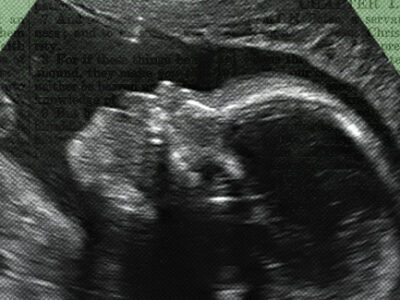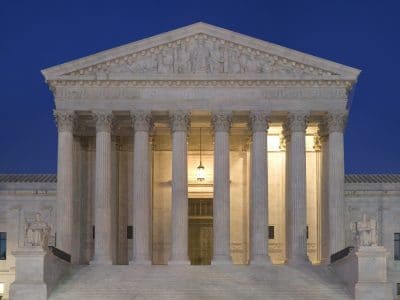The just-completed Colombian presidential election took place in two stages. The first round took place on May 30. There were multiple candidates. Since nobody received an outright majority, the top two vote-getters (Juan Manuel Santos at 47 percent and Antanas Monckus at 22 percent) succeeded to the recent run-off ballot, where Santos won by greater than a two-to-one margin.
The voters’ lopsided verdict has huge significance. The victorious Santos is closely identified with outgoing President Alvaro Uribe, having served as his defense minister.
Uribe leaves office immensely popular. He and his team (including Santos) restored a sense of security to everyday life. They regained control of huge swaths of Colombian territory where narco-traffickers, judge-murdering kidnappers, and leftist ideologues terrorizing villages in the name of “social justice” had dominated.
Many Colombians wanted Uribe to serve a third term, and Uribe himself was willing to do so. However, Colombia’s supreme court ruled that the constitutional provision limiting a president to two terms is absolute. Uribe accepted this ruling, demonstrating his respect for the rule of law.
Hopefully, Santos’ clear-cut victory will be accepted by all Colombians and non-Colombians of good will (i.e., all people who aren’t diehard believers in leftist dictatorships). Razor-thin margins of victory can be very unsettling. That was certainly the case in the Colombian presidential election 40 years ago.
I happened to be living in Bogota, Colombia’s capital, then. The establishment choice in 1970 was the Conservative Party’s Misael Pastrana Borrero. Back then, the Liberal and Conservative Parties had an arrangement whereby they would take turns holding single four-year presidential terms.
This arrangement almost blew up in 1970. One of the other three candidates on the ballot was General Gustavo Rojas Pinilla, who had ruled Colombia dictatorially and corruptly in the mid-1950s, before finally being driven from office by popular unrest. Rumors were that Rojas was semi-senile and that the real power was his ambitious daughter Maria, a former senator, who (according to the story told to this young American visitor) allegedly had ordered her bodyguards to open fire on a crowd of spectators at a bullfight for having jeered her.
The early radio broadcasts of the 1970 election returns surprisingly reported Rojas holding a slight lead over Pastrana. The small lead persisted throughout the day. Suddenly, in the early evening, radio and TV broadcasts ceased. A curfew of 7 p.m. was imposed for the next several days. I can recall my youthful foolishness tempting me to break the curfew and spend a night or two (or more?) in a Colombian jail. What a story that would make, right? But having just recently been stupid enough to tempt fate in beautiful Medellin, I actually had enough sense not to take another unnecessary risk.
The next morning, the headline of El Tiempo, Colombia’s dominant newspaper, termed the race “too close to call.” On the second day, Pastrana was said to have a minuscule lead. On the third, the lead had grown, and on the fourth or fifth day, as I recall, Pastrana was officially declared the winner.
Large crowds of Colombians erupted in protest in Bogota. Still painfully short of wisdom, I passed through a couple of these crowds, listening to accusations about CIA involvement and anti-American sentiments. Even though I stood out like a sore thumb (I’m about a head taller than Colombian men and my complexion much fairer), the good people of Bogota left me unmolested, reserving their anger for our government instead of taking it out on a naïve American college kid.
Was the 1970 election stolen? If it wasn’t, it appeared like it was. Was Pastrana’s victory the lesser of two evils? Who knows? A Rojas regime built on a personality cult of father and daughter could have set back Colombian progress by decades. But the revolutionary movements and subsequent guerrilla civil war that arose out of the ashes of the 1970 election also held progress back considerably.
Today, though, having seen how little in the way of peace, justice, and prosperity the rebels have to offer them, the majority of Colombians clearly have shown a preference for their constitutional government.
May the Colombian people’s hopes for peaceful progress be fulfilled, and may President Santos provide wise leadership for the good people of Colombia. And will the Democrats in Washington please finally consummate the free-trade agreement with our vibrantly democratic South American ally?




